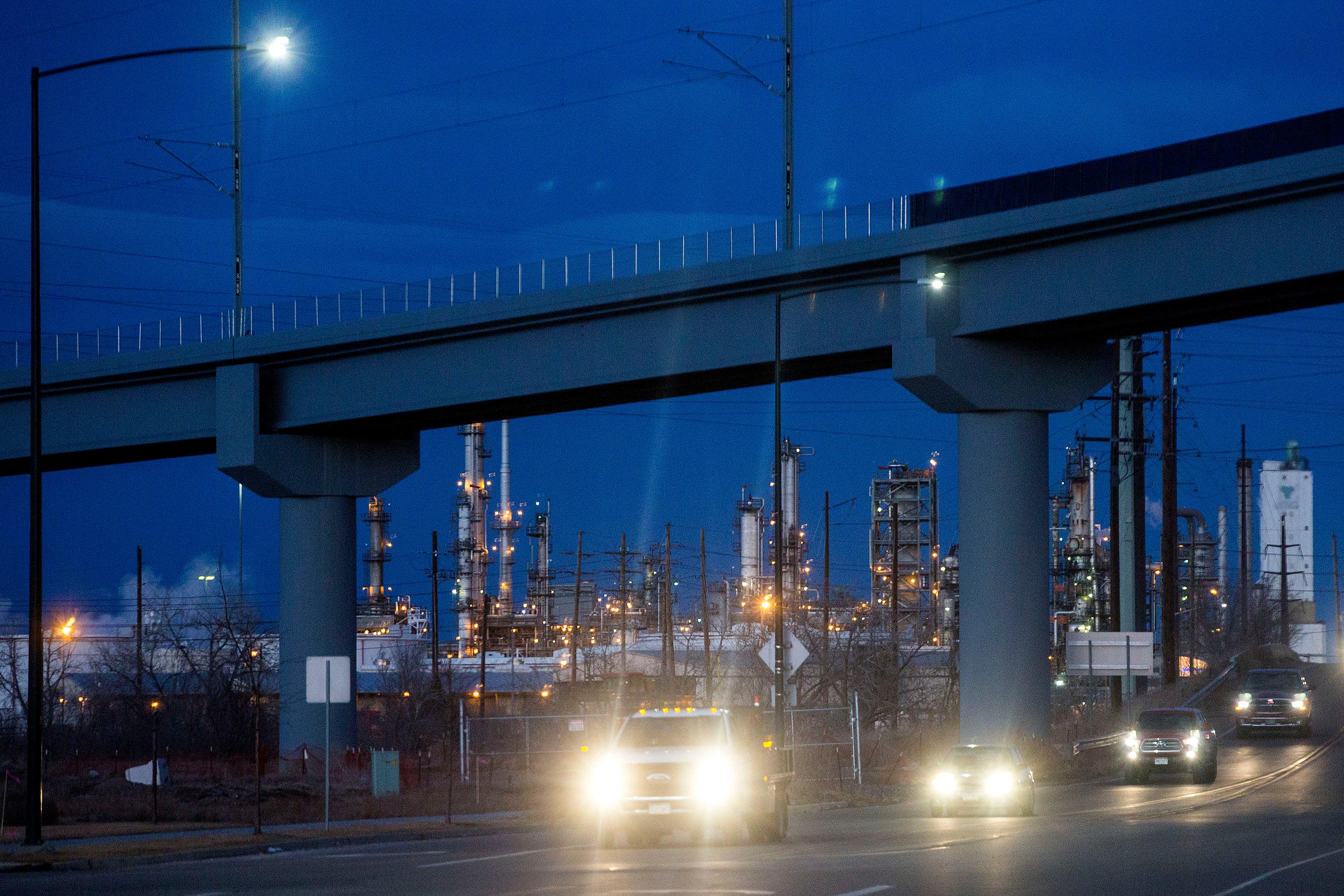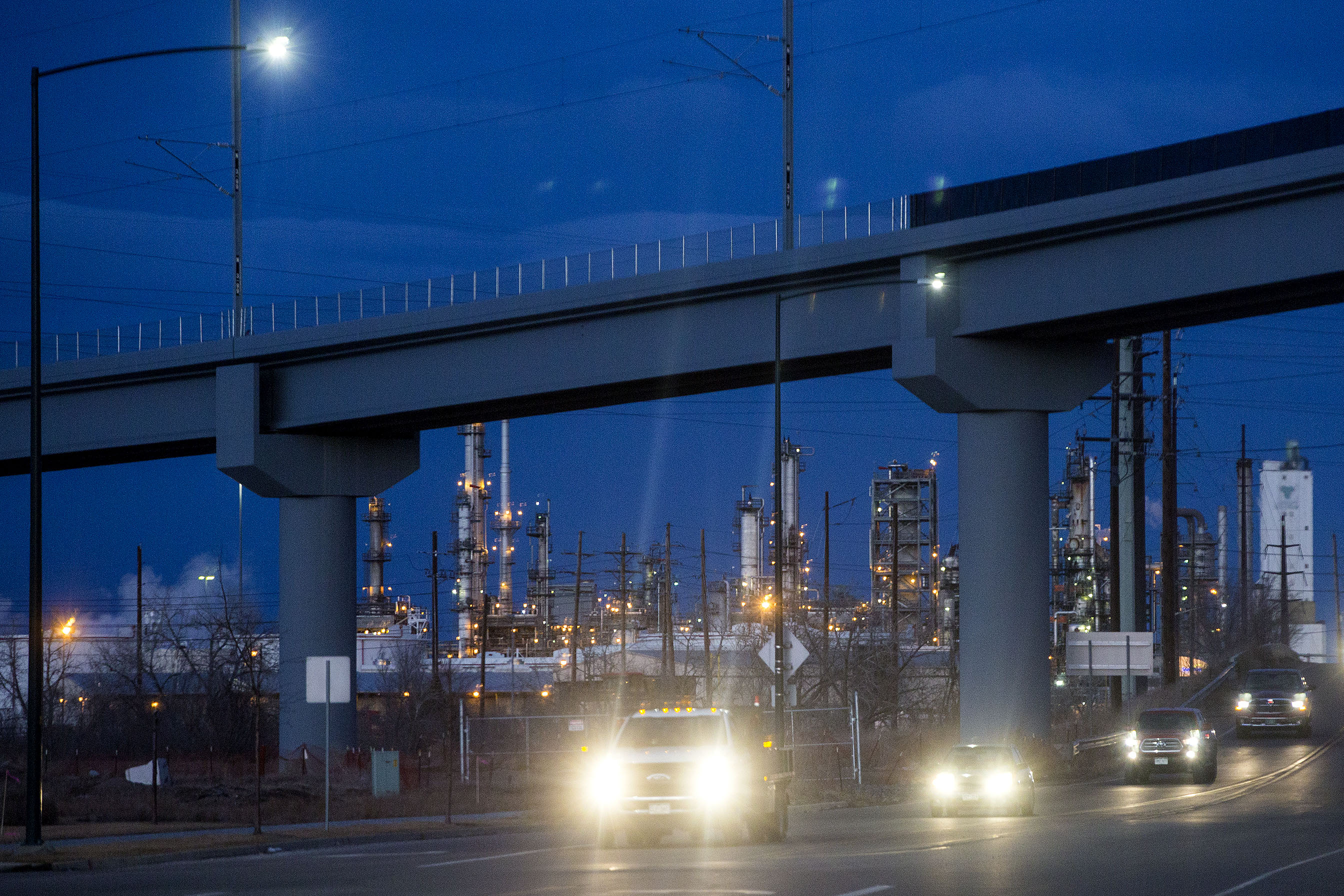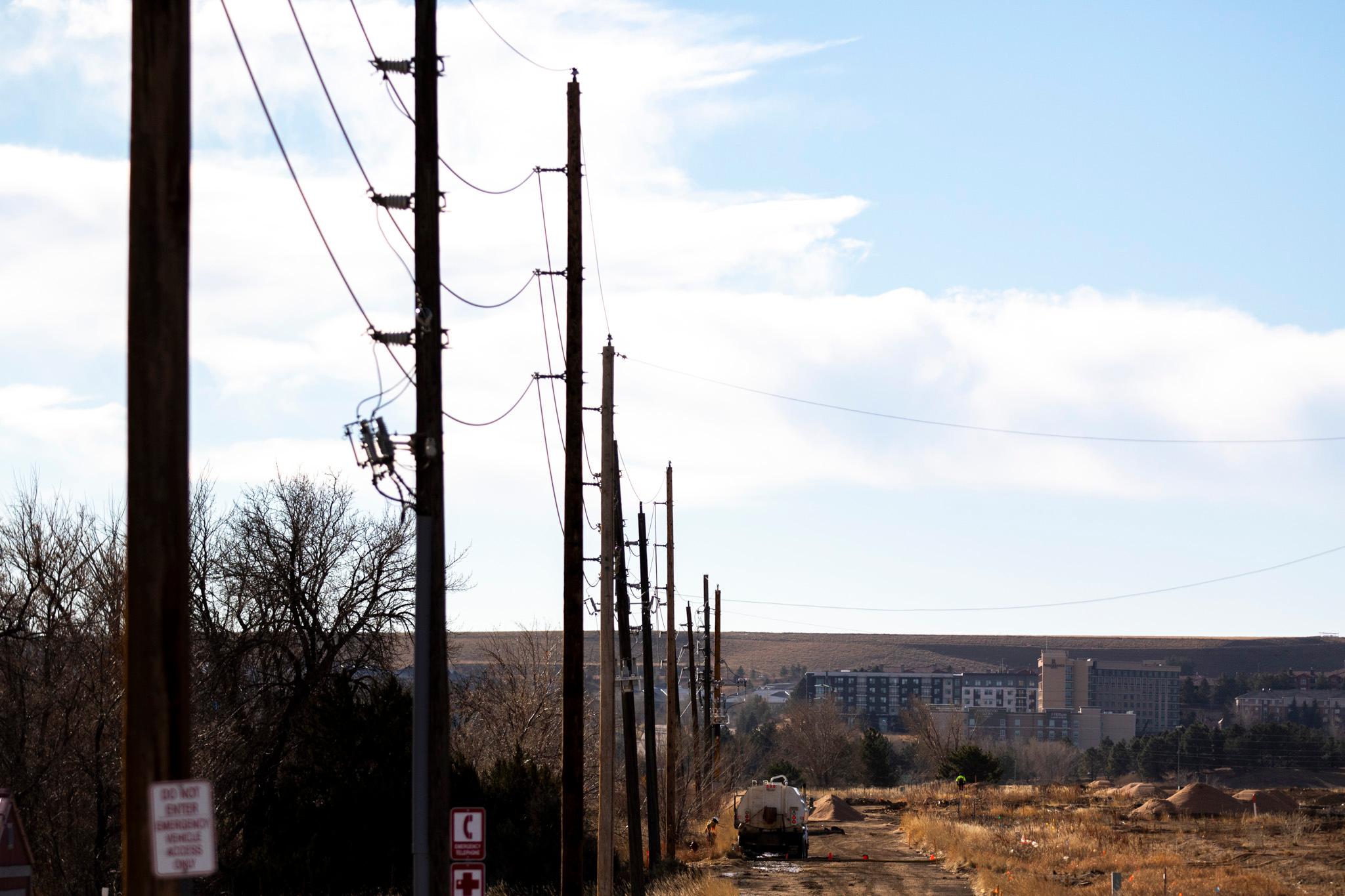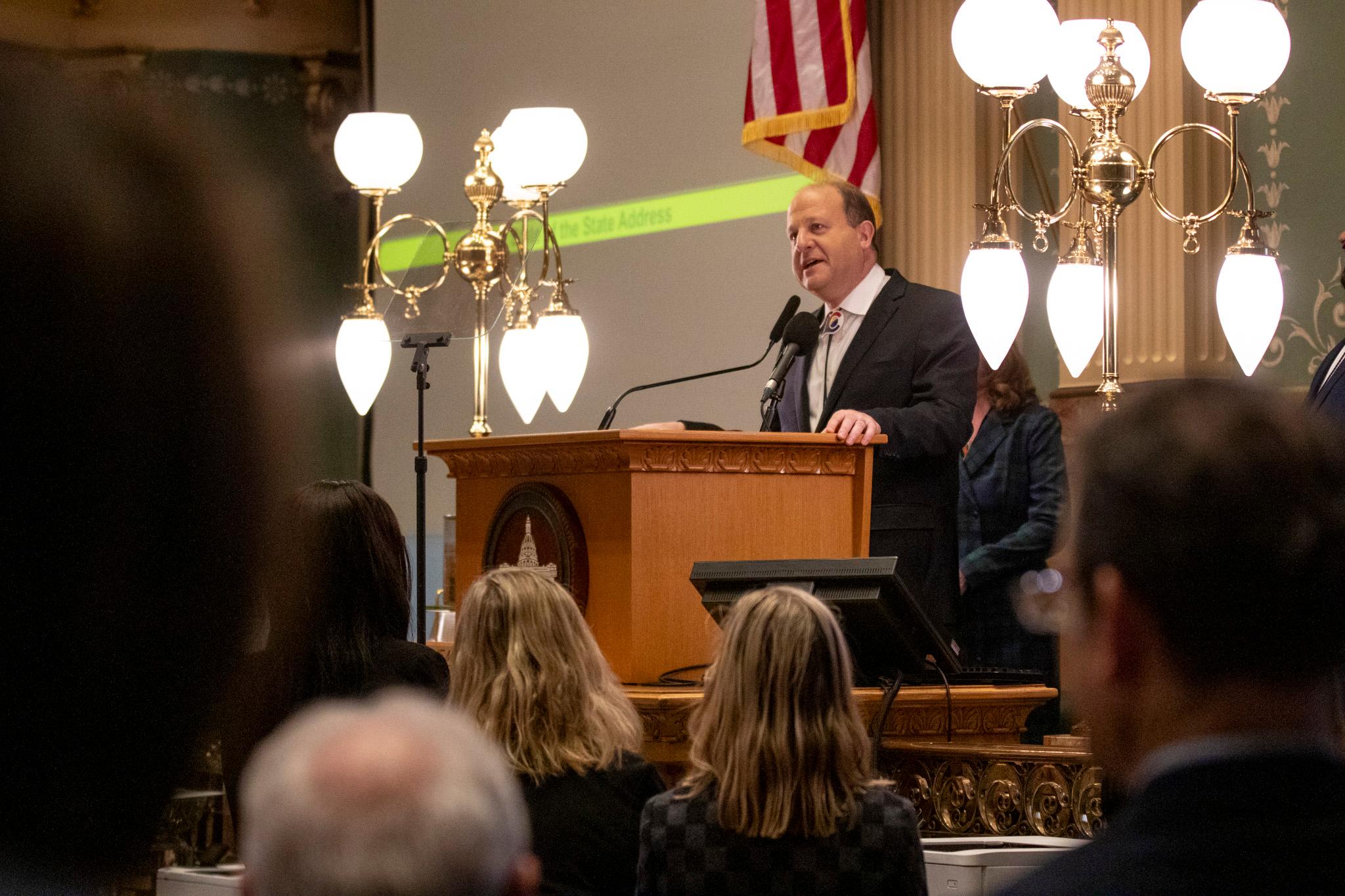

Before construction started on the Regional Transportation District’s N Line in 2014, most of the agency’s senior leadership thought that the private contractor building, maintaining and operating RTD’s other commuter rail lines — the A, B and G lines — should operate the new line to Thornton as well.
“The staff back then thought, you know what, if we have more corridors, wouldn't it be nice to keep everything under one roof?” Henry Stopplecamp, assistant general manager of capital programs for RTD, told the agency’s board members last week. “When we first kicked it off, it was pretty much 90 percent said, ‘Let's give it to [Denver Transit Partners].’ ”
In the intervening years, the A, B and G Lines — collectively known as the EAGLE Project — have been beset by delays, dramatic breakdowns, lawsuits, and operational issues that put passengers at risk. While the A Line has been running smoother in recent years — 97 percent of trains are on time, RTD says — the transit agency has decided not to farm out operations to Denver Transit Partners.
"We are moving forward with a plan to operate the N Line," RTD spokeswoman Tina Jaquez said Thursday.
That comes after the RTD board of directors last week shot down a last-ditch proposal to pay for a third-party audit that would have compared Denver Transit Partners’ proposal to run the train to RTD’s. Board member Natalie Menten said it was necessary because existing comparisons came to wildly different conclusions.
“I'm not trying to stick up for DTP here, folks. I'm trying to look out for the taxpayers,” Menten said in support of her plan at last week’s meeting.
RTD Turns Tide Against Private Contractor
Denver Transit Partners submitted a number of proposals to run the N Line. Stopplecamp said the first few did not meet deadlines, and were also incomplete because they didn’t include big expenses like a surety bond, parts and a rescue locomotive.
“We didn't want the fruit salad,” he told the board. “We wanted apples to apples. And we've tried over and over to know what's included in the proposal.”
With help from an independent program management consultant, RTD analyzed the contractor’s third proposal in late 2017. That analysis said the agency would save more than $100 million over 10 years by operating the line itself, Stopplecamp said.
“If we do not spend it, it goes back to the general fund,” Stopplecamp told the board. “If DTP puts that in their price and they do not spend it, it goes back in their pocket.”
In their last proposal, in April 2018, Denver Transit Partners knocked down their estimates by millions of dollars. But as Stopplecamp told the board, RTD had moved on by then.
“We couldn't wait on DTP any longer to keep fine-tuning their price,” he said.
Menten, a self-avowed fiscal conservative, performed her own analysis of the last Denver Transit Partners proposal. She said it showed that the private contractor’s costs would be tens of millions of dollars less than if RTD self-operated.
“This is not nickels and dimes,” she said. “It's a substantial amount of money.”
After Stopplecamp’s presentation, board member Claudia Folksa asked: “It sounds like the staff really want to do this, and that you're going to own this. I'm wondering, is that what I'm hearing?”
Stopplecamp replied: “At the beginning, I was ambivalent. I've seen it work both ways. But the more I deal with Denver Transit Partners on the existing system, and the lack of responsiveness going forward, I believe that RTD would have a better product.”
Menten said she’s worried RTD staff purposefully lowballed their own estimates, and that they’ll “explode” — much like they did in 2012, effectively postponing the planned rail line to Boulder by decades.
Asked this week whether the independent analysis RTD already paid for convinced her, Menten said RTD staff haven’t yet given her a copy of it.
"They know I am willing to share that information with the public if it's in the public's best interest,” Menten said. “It feels like my hands are tied by the agency."
Toward the meeting’s end, board member Jeff Walker said Menten’s crusade put an undue burden on RTD’s staff.
“I'd like to see us come with a cost-benefit analysis for the request of staff that we make some time,” he said. “It's probably pretty demoralizing to staff to have a board director question the veracity of their analysis of these types of proposals that they do.”
Current Plan Presents New Issues
By bringing the operation of the N Line in-house, RTD has more control, but is also faces with a host of new potential problems. In a cover letter accompanying Denver Transit Partners’ third bid, Anne Herzenberg, a Denver Transit Partners executive, said two operators working side-by-side will present “coordination challenges.”
“... [T]he presence of two workforces, two sets of policies and procedures and two sets of relationships with the regulators would be likely to drive up the cost of the existing Eagle Project operations and maintenance,” Herzenberg wrote.
RTD may open its own dispatch center just for the N Line. Menten worried that could lead to confusion and even safety issues, considering the tight quarters at Union Station. Stopplecamp said a second dispatch center could be used as a backup.
Driver pay could drive another wedge. Denver Transit Partners’ operators made less than $20 an hour as of last year, well below the industry standard. If RTD pays its drivers significantly more, that could make it difficult for Denver Transit Partners to retain its employees. RTD’s Jaquez said employee salaries haven’t been nailed down yet.
“We’ll be evaluating that as we go through the process,” she said.
In a statement, Denver Transit Partners project director John Thompson said he respects RTD’s decision to run the N Line itself.
“We will continue to work closely and collaboratively with RTD to ensure that its integrated network of commuter rail lines provides the safest and most reliable service possible, including on the upcoming N Line,” he said.









